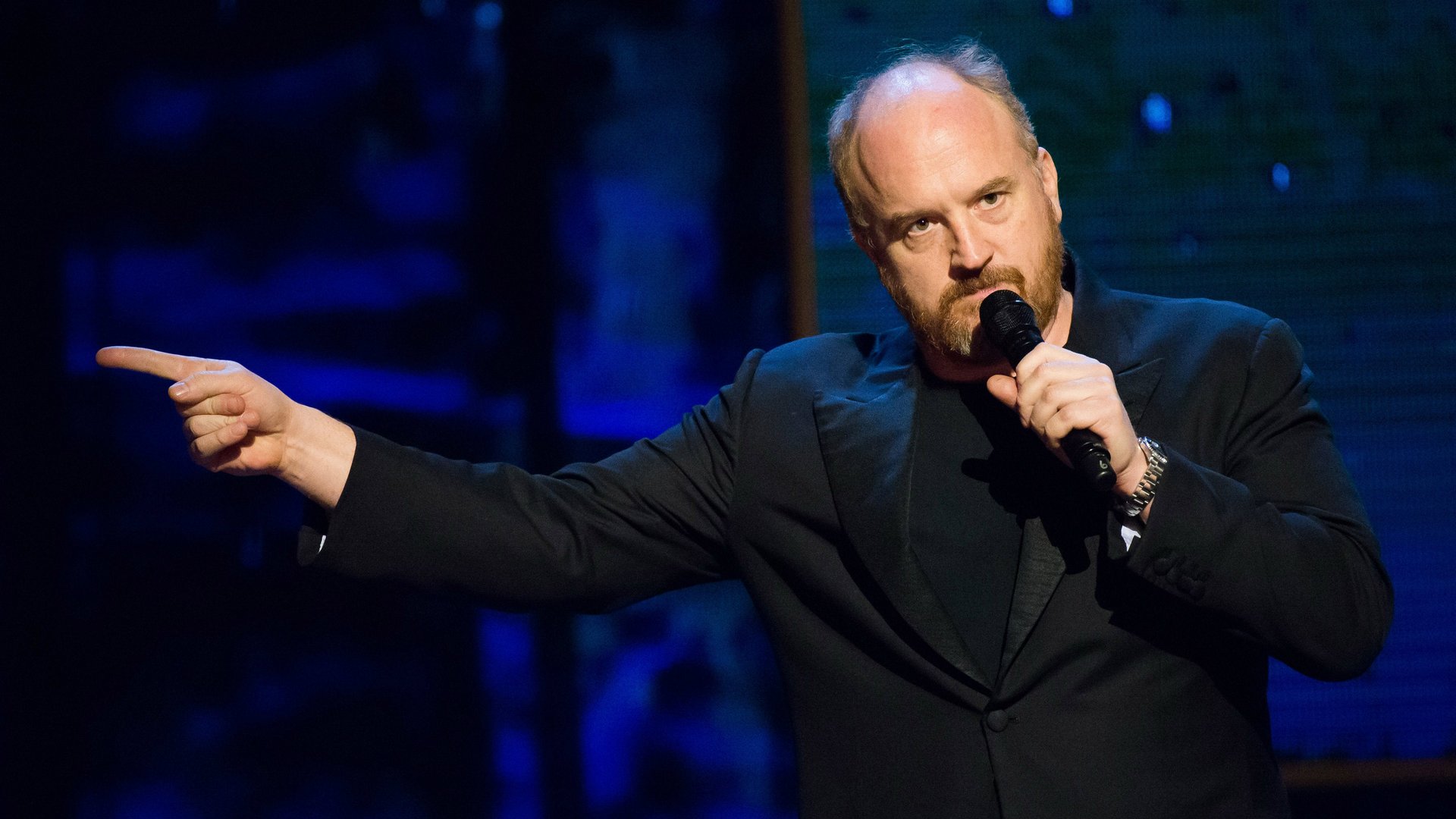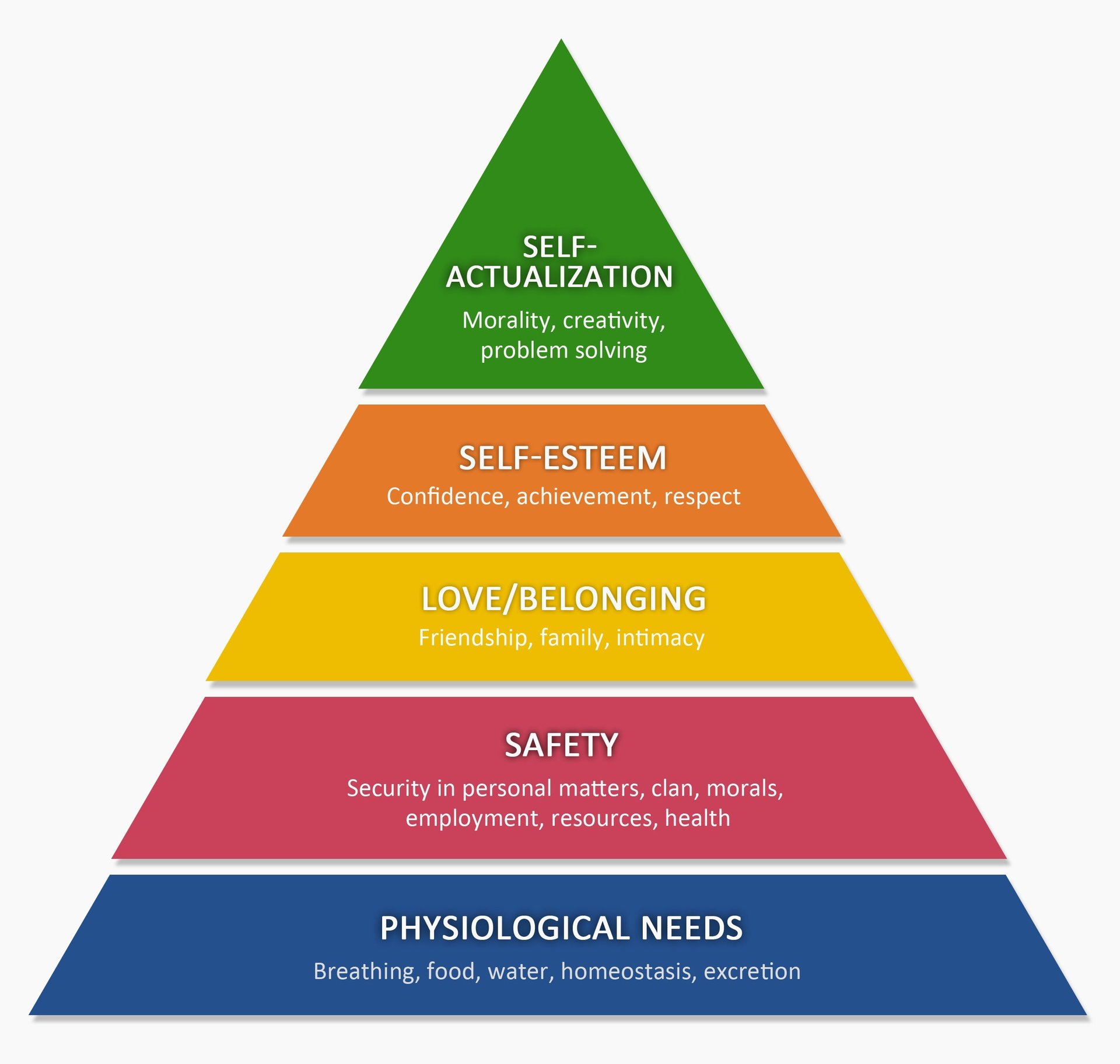The revolutionary idea that being rich isn’t the point, having “enough” is
A few years ago, comedian Louis C.K. posted his comedy special for a ‘drastically low price’ of $5 on his website. In 12 hours, Louis earned $250,000. After 12 days, sales topped $1 million.


A few years ago, comedian Louis C.K. posted his comedy special for a ‘drastically low price’ of $5 on his website. In 12 hours, Louis earned $250,000. After 12 days, sales topped $1 million.
A few days after, Louis took $250,000 to cover production costs and $220,000 for himself. The rest of the $530,000 he gave away in bonuses to his entire staff ($250,000) and to five charities ($280,000).
Why would Louis give away over half of the money he made?
“I never viewed money as being ‘my money’ I always saw it as ‘The money.’ It’s a resource. If it pools up around me then it needs to be flushed back out into the system,” he said.
How to feel like you have “enough” money
We’re often taught to keep tight control over money. Money is either “your money.” Or “my money.”
Definitely not “the money.”
We’re told to try and make as much as we can so we can live well now and retire well later. And if you can’t make enough to live well now, then only spend enough to get by now and save the rest so you can live well later.
When we look at Abraham Maslow’s hierarchy of needs, one of the most notable theories on human motivation, money can impact everything from our most basic needs at the bottom of the pyramid to the higher order needs at the top.

Arguably money’s greatest direct impact is on the most basic needs at the bottom of the pyramid: access to things like quality food, shelter, and healthcare. For many, these needs typically require a certain amount of money to be met.
Though you may not need money to meet needs higher up in the pyramid (like love/belongingness, self-esteem, and self-actualization), a feeling like you have “enough” money will give you more time to focus on meeting these needs.
It’s not impossible but it is hard to think about how you can be the best at something if you’re worried about how you’re going to make your rent payment this month or if you’re worried about where you’re going to get the money to pay for healthy food for your family. And it can be next-to-impossible if you’re worried about where you’re going to sleep every night or where you’re going to get your next meal.
Since money can directly impact our most basic needs, it’s no wonder we worry about it so much.
The typical approach to money, mine versus yours, is why we’re taught to negotiate for the best deal. We’re taught to assume the person on the other side of the table is trying to keep more money than we’re due. It’s why we’re told to go to school. It’s why we’re told to get a steady job.
We’re taught this because as a society, the majority of people feel the number one limiting factor for our choices in life is money.
One 2014 study showed that by far the number one thing Americans are scared about is having enough money for retirement.
Almost 59% of adults surveyed were worried they won’t have enough money when they finish working.
Most of us all need a certain amount of money. We may not all be greedy and want money we can’t spend. But most of us want enough money to feel comfortable.
What we deem as “enough money” to feel comfortable varies from person to person. But what holds true for most of us is the comfort that comes from the ability to make the choices we want to make.
Money might not buy you happiness but a feeling like you have ‘enough money’ can buy you freedom. It buys you time to think longer term about what you want to do with your life instead of just surviving it.
Louis pumped money back into the system without an immediate financial return. His return was not financially related. By giving money to his teammates and charities, Louis made an immediate positive impact to people and projects he cared about.
But another thing Louis did—while a lot of people were watching—was show us a different way to think about money.
For all the success Louis has had over his career, you’d think he’d be living large. While he might make good money, likely enough to be comfortable for years, he also leaves plenty of money on the table so he can retain his own creative freedom and support others along the way.
After seeing what Louis did, I was inspired to give even more once I’ve already felt plenty. Rather than keep excess money around me, I can contribute more of it to someone or something I believe in without expecting an immediate financial return.
This thinking requires a long-term view though, with sometimes no clear path to any sort of return.
But if you believe in money being a fuel, rather than something to be hoarded, you can create the potential for an even bigger return than a financial one.
You get to give someone an opportunity to experience the freedom to be inspired, to create, and hopefully (eventually) give some of what they have to offer back to the world that’s worth more than the money you gave or could have kept for yourself.
There’s no denying the importance of money in our society, but beyond status and luxury, money can give us a level of comfort and safety. Looking at it as just another commodity gives you the freedom to create and act in a way that you feel is right. To not be shackled by a constant need for more and instead feed the system that has allowed you to live the way you do.
This post originally appeared on Crew. Check out their Kickstarter campaign to help create the first ever fully open source photography book here. You can also follow Crew on Twitter and Facebook.